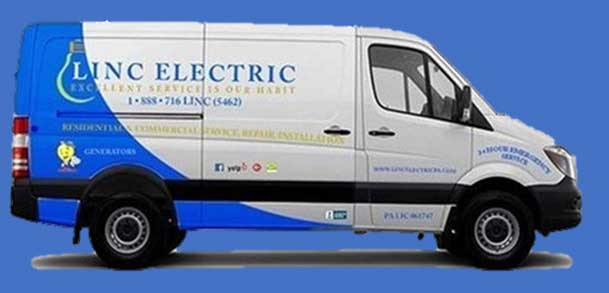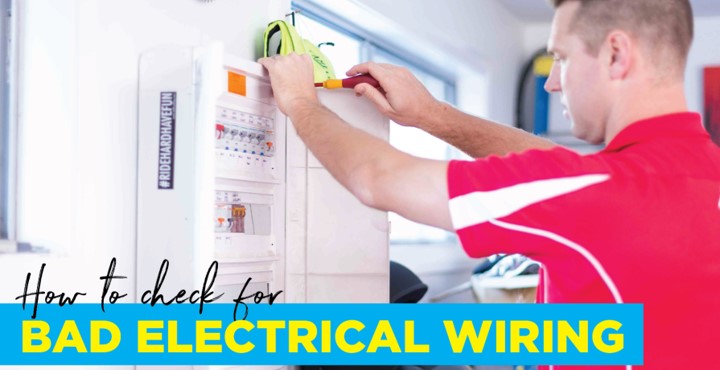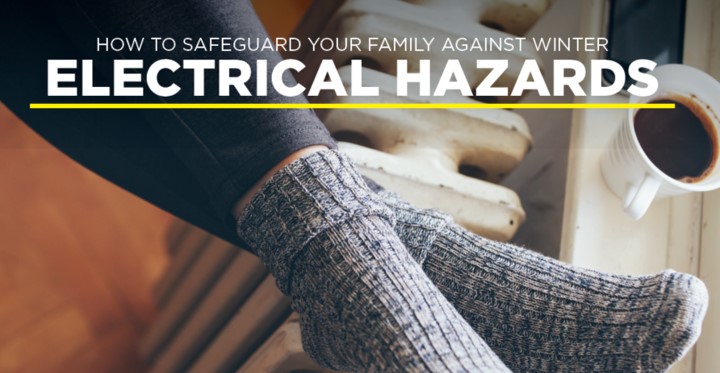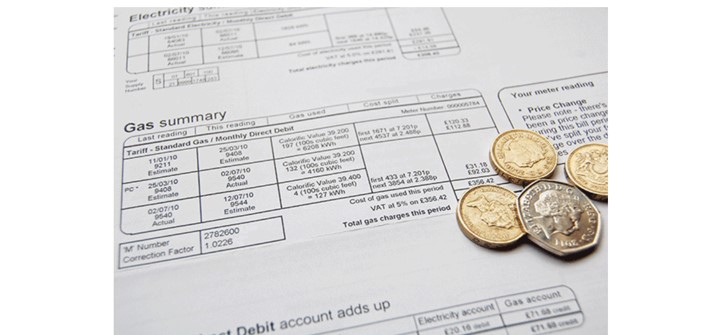Why is my circuit breaker HOT?
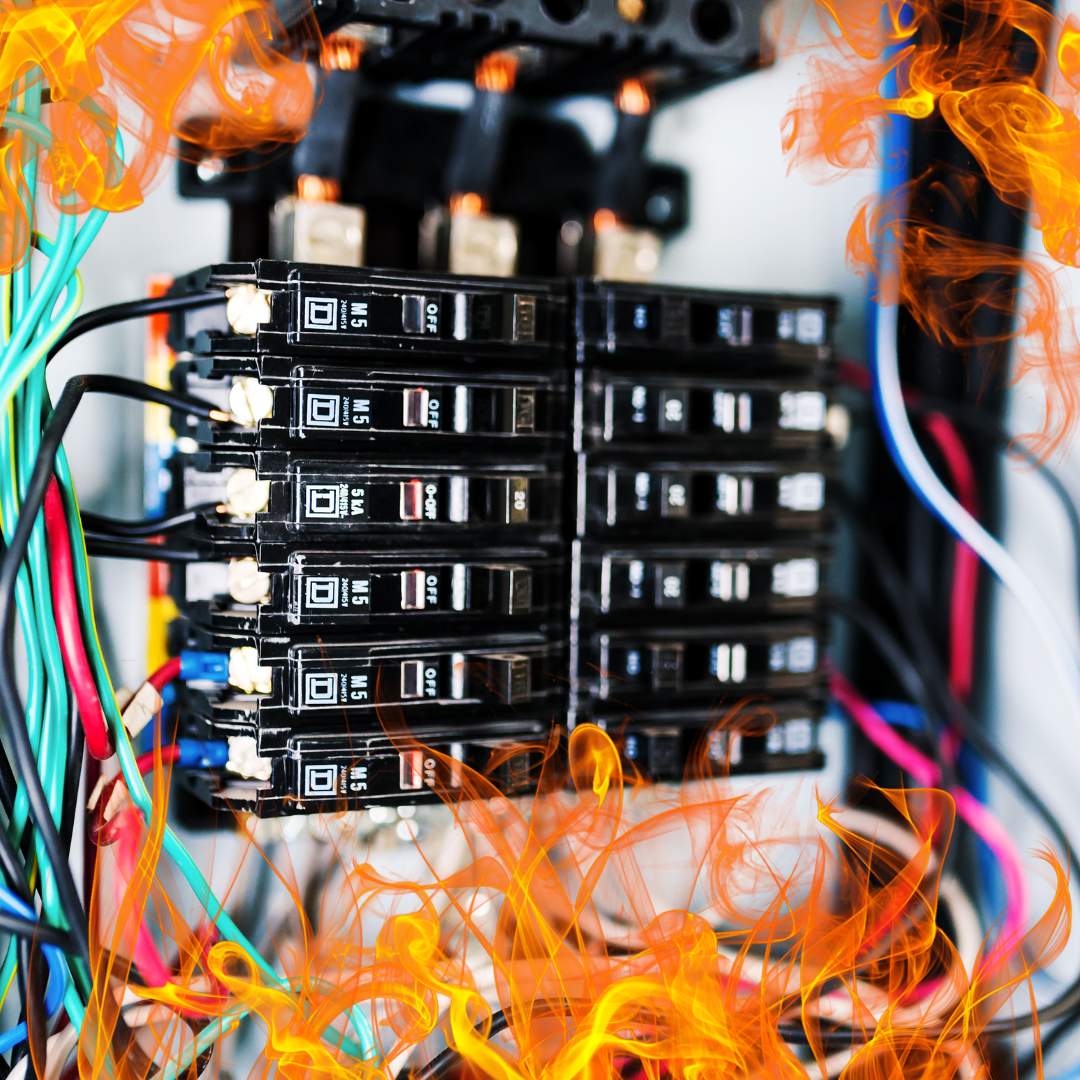
When it comes to electrical safety, few things are more alarming than burning, heat, smoke, and fire. It’s imperative that homeowners monitor their electrical systems to ensure their equipment isn’t overheating and increasing the risk of an electrical fire. Hot circuit breakers are of particular concern. A circuit breaker that is hot to the touch is a clear indication that something is very wrong with your home’s electrical system.
If you have noticed that your circuit breaker is hot to the touch, it is important to address this issue as soon as possible. A hot circuit breaker can be a sign of an electrical problem in your home or business, and it can pose a serious fire hazard. In this blog, we will discuss some of the common causes of a hot circuit breaker and what you can do to fix it. We also let you know when it’s time to call a professional team from Linc Electric for service.
How Hot Is Too Hot for a Circuit Breaker?
Every circuit breaker has an ambient temperature rating set by Underwriters Laboratories. It’s natural for circuit breakers to produce some heat because electrical resistance is constantly passing through its contacts and bimetal trip device.
During normal operation, the sides and back of the system will reach higher temperatures than its knob. Generally, units shouldn’t exceed an ambient temperature greater than 90º F, and the knob temperature should not exceed 185º F. Knobs are expected to reach higher temperatures since most are created from plastic.
Most homeowners probably wouldn’t think to break out the thermometer when checking their circuit breaker. It’s usually safe to say that if your circuit breaker is hot to the touch, something has gone wrong in its system. Let’s look at reasons this may be happening.
What Can Cause an Overheated Circuit Breaker?
Circuit Breaker is Overloaded. This means that too much current is flowing through the circuit, and the circuit breaker is working hard to protect your electrical system. This can be caused by having too many appliances or devices on the same circuit, or by using appliances or devices with a great power draw.
To fix an overloaded circuit breaker, you will need to identify which appliances or devices are causing the problem and either remove them from the circuit or use them less frequently. You may also need to upgrade your electrical panel to a larger size to handle the increased load.
A Short Circuit. This occurs when there is a fault in the wiring of your electrical system, causing the current to flow in an unintended path. This can cause a high amount of current to flow through the circuit, which can cause the circuit breaker to become hot.
To fix a short circuit, you will need to locate the fault in the wiring and repair it. This is a job that should be left to a professional electrician, as it can be dangerous to work with live electrical wires.
A Ground Fault. This occurs when the electrical current flows through an unintended path to the ground, rather than returning to the electrical panel through the proper channels. This can cause a high amount of current to flow through the circuit, leading to a hot circuit breaker.
To fix a ground fault, you will need to locate the fault in the wiring and repair it. Again, this is a job that should be left to a professional electrician.
Loose Connections: Because electrical resistance increases wherever there are loose connections, a loose circuit breaker will naturally produce more heat. If your unit wasn’t properly seated at the time of installation, it will protrude significantly. In this case, you can push in the unit manually until you hear the click that means the breaker has been properly seated.
However, if the unit is already seated correctly, the issue may be a loose wire instead. To fix this you must shut off the power and tighten the terminal screws. While pushing in the unit until it’s properly seated is an easy fix, many times, circuit breaker issues require professional attention from a certified electrician.
Current Limit: A circuit breaker automatically shuts off when a current passes through that exceeds its capacity; however, sometimes the units will overheat without initiating an emergency shut-off (or trip). This happens especially if the current is just below its rating. In other cases, it may be that an appliance powered by the breaker is faulty and needs service.
Bad Breaker: If your hot circuit breaker is partnered with flickering lights and unreliable circuit power, you likely have a bad unit. Certain types of circuit breakers are more prone to this problem than others, and the only solution is to have it replaced or upgraded.
Never risk DIY electrical repairs on your own. Rely on the experts at Linc Electric to get the job done safely and correctly and help ensure the safety of your home or business. If your circuit breaker is overheating, it is important to act as soon as possible. A hot circuit breaker can be a sign of an electrical problem that can pose a serious fire hazard.
Get the electrical upgrades your home needs, stay safe and connected by scheduling service with our team at Linc Electric today!


